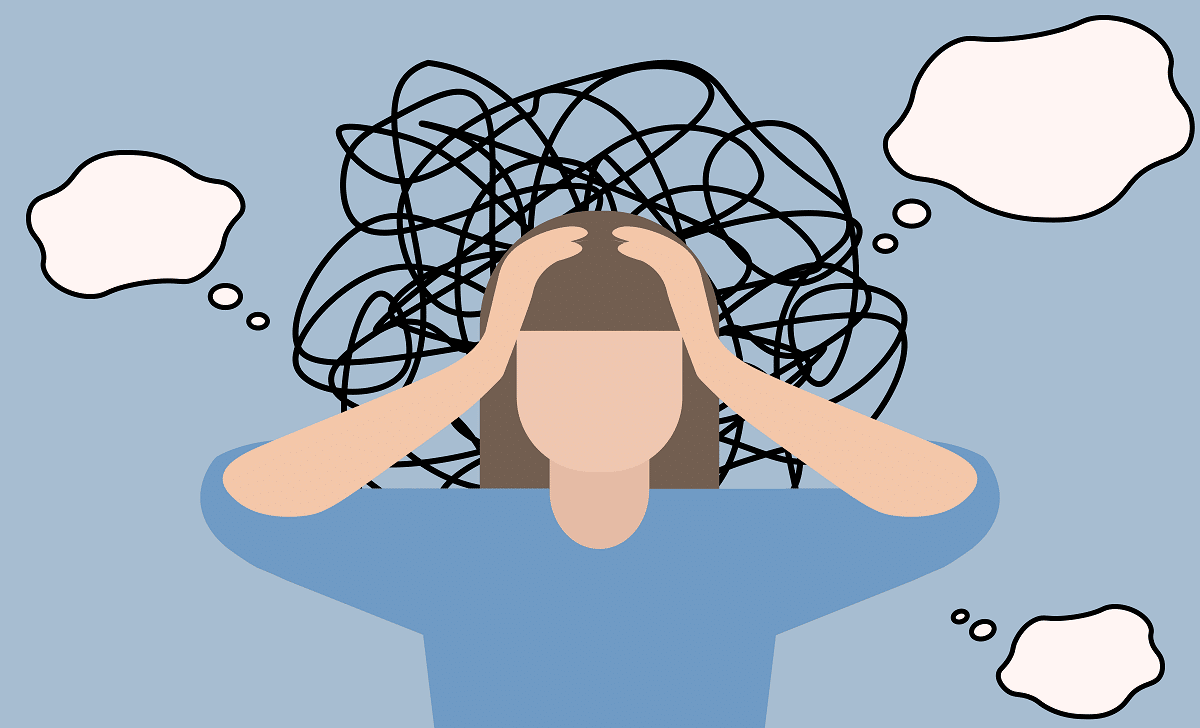Xanax, the brand name for alprazolam, is a widely prescribed benzodiazepine used primarily to manage anxiety disorders and panic attacks. As a central nervous system depressant, Xanax has a calming effect on the brain, which can be beneficial for individuals struggling with severe anxiety. However, users often have concerns about various side effects, including whether Xanax can lead to weight gain. Understanding the relationship between Xanax and weight changes can help users manage their health and make informed decisions about their medication.
Mechanism of Action
Xanax works by enhancing the effects of gamma-aminobutyric acid (GABA), a neurotransmitter that inhibits excessive brain activity. This action helps alleviate symptoms of anxiety and panic by promoting relaxation and reducing overactivity in the brain. While Xanax is effective in managing these symptoms, its effects on appetite and weight can vary from person to person.
Weight Gain and Xanax
Weight gain is not a universally reported side effect of Xanax, but some users do experience changes in weight. Several factors might contribute to this:
- Appetite Changes
One potential mechanism for weight gain while taking Xanax is its effect on appetite. Some users report increased hunger or cravings for certain types of food. This could be due to Xanax’s impact on brain chemicals that regulate appetite, although this effect is not experienced by everyone. Increased appetite can lead to higher caloric intake, which may result in weight gain over time.
- Sedation and Reduced Physical Activity
Xanax can cause sedation and drowsiness, particularly when starting the medication or adjusting the dose. This sedation may lead to decreased physical activity, as users may feel less inclined or able to engage in exercise or other activities. A more sedentary lifestyle combined with unchanged or increased caloric consumption can contribute to weight gain.
- Psychological Factors
The relief from anxiety and panic that Xanax provides can lead to changes in eating behavior. For some individuals, reducing anxiety might lead to improved appetite or a shift in eating habits. Conversely, for others, the medication might impact their emotional state in ways that could indirectly affect their relationship with food.
- Individual Variability
Responses to Xanax can vary widely between individuals. While some might experience weight gain, others might not notice any significant changes in weight. Factors such as genetics, overall health, lifestyle, and pre-existing eating habits play a significant role in how Xanax affects an individual's weight.
Managing Weight While Using Xanax
If you are concerned about weight gain while taking Xanax, there are several strategies you can employ to manage your weight effectively:
- Monitor Your Weight
Regularly tracking your weight can help you detect any changes early. If you notice significant weight gain, consult your healthcare provider to discuss potential strategies to address the issue.
- Maintain a Balanced Diet
Pay attention to your dietary habits and strive for a balanced diet. Incorporate a variety of fruits, vegetables, lean proteins, and whole grains into your meals. Avoid excessive consumption of high-calorie, low-nutrient foods that can contribute to weight gain.
- Stay Active
Incorporate physical activity into your daily routine. Regular exercise can help mitigate the effects of weight gain and improve overall well-being. Even moderate activities such as walking or yoga can be beneficial.
- Consult Your Healthcare Provider
If you are experiencing significant weight gain or other concerning side effects, discuss them with your healthcare provider. They can assess whether Xanax is the best treatment option for you or if an alternative medication might be more suitable. Additionally, they can provide personalized advice on managing weight while on Xanax.
Conclusion
While Xanax (alprazolam) is not commonly associated with weight gain, some users may experience changes in appetite or physical activity levels that could lead to weight changes. Understanding these potential effects can help users manage their health and make informed decisions about their medication. By monitoring weight, maintaining a balanced diet, staying active, and consulting with a healthcare provider, individuals can address any concerns related to weight gain while benefiting from the anxiety-relieving properties of Xanax.

